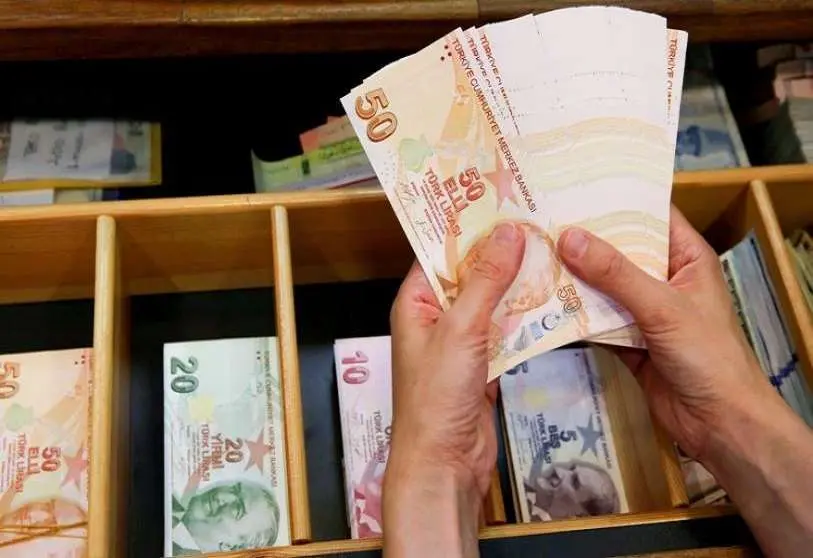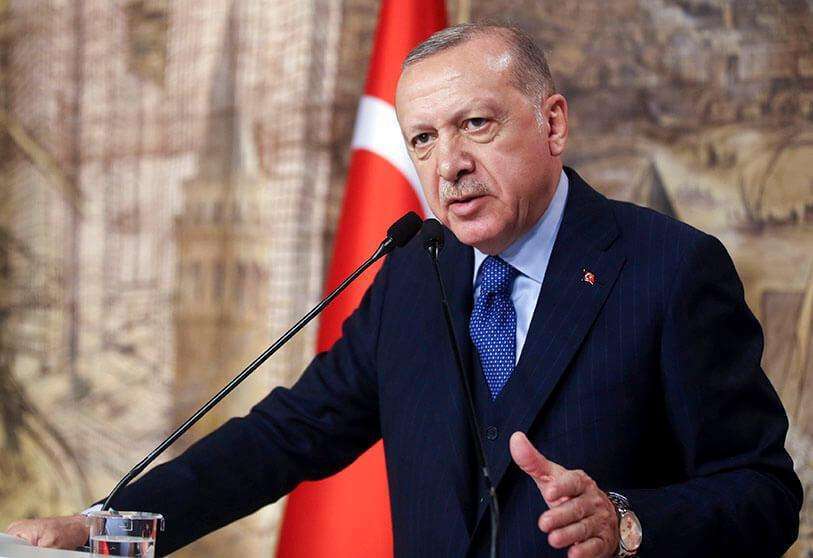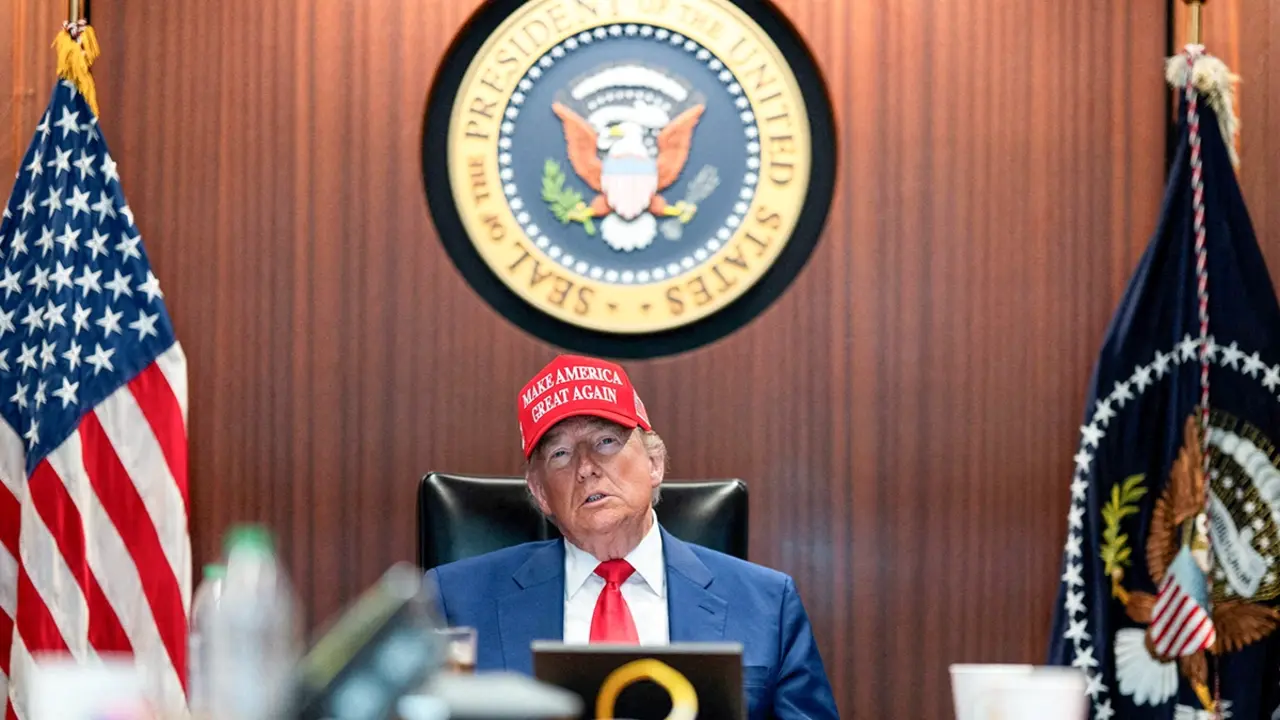Turkey on the verge of being added to the financial grey list

Turkey's recent financial movements have put the country in check. Continuing cases of corruption as well as Turkey's links to the financing of terrorist and mercenary groups have prompted two Western officials to propose Turkey's inclusion on a "grey list".
This proposal has been issued by the global financial watchdog "for money laundering" as well as "terrorist financing". This new measure further jeopardises Turkey's limited ability to attract foreign capital, something Erdogan's government is assiduously trying to boost.
A review organised by the Financial Action Task Force (FATF) has recommended that Turkey should be subject to special monitoring by the group. This monitoring calls for the country to be placed on the 'grey list', a list that already encompasses 22 other countries, including Morocco, Syria, Albania, South Sudan and Yemen.
According to officials, Turkey is likely to be the newest member to join the list after a 39-member plenary backed the proposal. The decision, however, will be announced in final form on Thursday.
This move coincides with a critical economic situation for Turkey. Alongside this, foreign investment is close to reaching the lowest level after almost 20 years of Recep Tayyip Erdogan's presidency. This situation is the result of political instability and concerns about political interference in economic policies. In Turkey, the configuration of the state itself and Erdogan's attempt to further Islamise the country have led to foreign investment fleeing the country to alleviate the deficit.

Should Turkey finally be added to the "list", it may lead the EU to increase pressure to add the country to its own money laundering list. Moreover, according to the FATF, the addition of countries to the grey list has a "large and significant negative effect" on capital inflows.
Moreover, last June the country experienced a historic fall in the lira after it weakened by 3% to 8.8 lira to the dollar, which greatly weakened the value of the Turkish currency.
In 2019, Turkey was already warned by the FATF, which said that Ankara "understood the risks of money laundering and terrorist financing" after finding "serious deficiencies" in the country to combat these crimes.
In response to the FATF warnings, the government enacted a series of measures to address these deficits, but they were not sufficient. The measures have been strongly criticised by opposition parties and social activists who said that the Turkish authorities had used the FATF statements as "an excuse" to attack freedom of expression and association.

Following this line, a Turkish official told the Financial Times that it was risky to comment on the matter before next Thursday's decision but indicated that "despite the blocking measures taken due to the COVID-19 pandemic, Turkey has fulfilled its responsibilities with regard to its legislation".
The financial body has already stated that its plenary discussions are ongoing but that any talks are strictly confidential.








